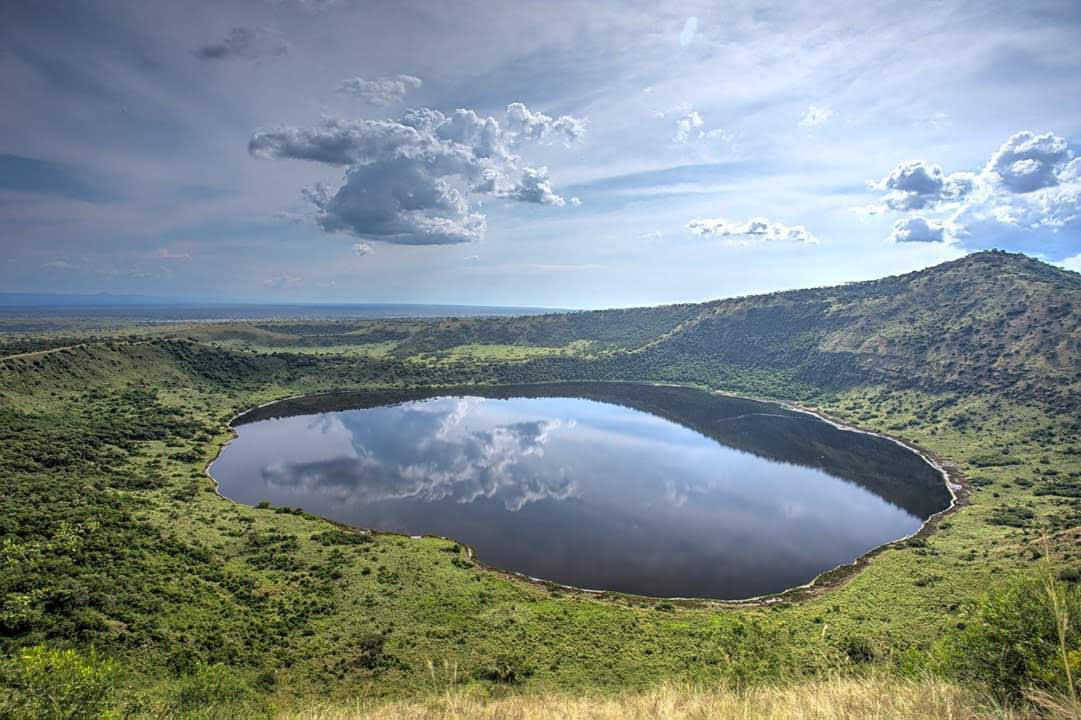What is the best time to visit Uganda?
Uganda is a destination that can be visited all year round but also depends on what you are going to do on your Uganda Safari adventure.
Uganda lies on the equator and has a warm sub-tropical climate, day time temperatures average between 25 and 29c, night time temperatures frequently drop below 20c offering a nice reprieve on hot days.
Uganda is a fast-growing African safari destination that’s lately getting significant attention from the leisure travel world. Equatorial Uganda has a pleasantly warm and tropical climate with significant seasonal variations.
There are wetter months that make certain plans and activities difficult which need prior planning before you come to Uganda.
The other factor making Uganda a better travel destination throughout the year is Lake Victoria and its unique weather patterns.
Uganda has mainly two rainy seasons normally the long season which starts from mid-March to the end of May and the short season which starts from October to November.
The average temperatures of Uganda are 21.5C and 71 C and these also drop at night time to around 54 F which affects the altitude.
Rainfall in Uganda ranges between 1000-2000 mm every year. However, throughout the year the skies in Uganda are clear which makes it the best safari destination for your perfect Uganda holidays.
Also, the climatic changes have brought about changes in the weather patterns hence making it hard to predict the best travel times to Uganda.
Therefore, the best times of the year when you should visit Uganda are in the dry months of June, July, August, September as well as January and February. Like the rest of Africa, It’s important to put it in mind that the country has two dry seasons and two wet seasons. Each of these seasons has its own charm and offers visitors a unique experience of the natural beauty of the country.
Another factor in planning your vacation is the particular tours and safari activities you wish to participate in.
Most travellers choose to travel from May to September and February since in these months the amount of rainfall has reduced and it is sunny in most destinations.
December is one of the busiest months of the year for both international and domestic tourists. This is the month of festival seasons so the majority of the people are getting their holidays and honeymoons hence making many tourist destinations busy.
It is advisable to book your accommodations and activities on time to avoid disappointments.
Visiting in low seasons is also ok for many tourists since accommodations are cheap and not Congested, and the transport wages are not too high as compared to high seasons. Visiting in this season also means that you will enjoy the jungle and its attractions with relatively low crowds.
February and September are also recommended months for a safari vacation in Uganda since there are few travellers coming and the lodges are not fully booked compared to the high seasons.
The rainy season: The rainy season affects people’s travels but doesn’t mean that they don’t travel. They travel because the season is also combined with rainfall and sunshine. This means the sun comes out immediately after the rain stops, the tourist activities like game drives, nature walks, and boat cruises among others are able to be carried out without any disturbances.
Gorilla and chimpanzee trekking tours can as well go on during the rainy season and the National parks are fully in operation.
Also, during the rainy season also known as the low season, the lodges reduce prices to attract more travellers to book with them which is an added advantage. The gorilla and chimpanzee trekking permits also are reduced to attract more visitors to Uganda.
The dry season: Uganda has got raised topography, which means that its climate is cool making it easy to plan your Uganda safari vacation all year round. However, if you are planning to come for your Uganda gorilla trekking tour, it’s important to notice the easiest trekking conditions despite the low rates in the low seasons. So, this means the best time to come for gorilla trekking is during the two dry seasons of January and February and from June to September. Game viewing, hiking and nature walks in all National parks of Uganda are best done in the dry season from February and March, June to August and the beginning of September. This is because around this time, the wildlife species are concentrated around the water bodies within these parks.
Bird watching is also best carried out between November and April for the birders when the migratory birds are present in the country but can also be done throughout the year to enjoy their safaris in Uganda. Additionally, if you are thinking about visiting other National parks and game reserves in Uganda like Queen Elizabeth National park, Murchison Falls National park, and Lake Mburo National park you might want to choose the shorter dry season of January and February or the longer best dry season of June, July and August. The vegetation in these parks is sparse during this time of the year, locating wildlife is easier and the roads are less muddy making travelling to these areas less time-consuming.
However, if you are planning to visit the urban areas for a Kampala city and slum tour experience or Entebbe City tour, you will find the weather having minimal effect on your city tour activities and you can continue with your excursions at most times of the year.
In contrast to the rest of Uganda, Kidepo valley National park has one long dry season from July to February and one wet season from March to June. Each of these seasons offers a unique aspect of superb beauty of this region. In the dry season, most of the wildlife gathers near the watering holes of the Narus River valley system, making it easy to locate the animals during your game drive safaris. There are also great opportunities to see the seasonal Kidepo River flowing before it seems to disappear during the dry season.
Some key takeaways to note as you plan your next tour to Uganda;
Mountain gorillas tend to be on lower elevations during the wet seasons since they do not have to travel far looking for food while during the dry season, they traverse higher elevations in search of food. Temperature variations across the country depend on locations and altitudes. High land temperatures tend to be lower all through the year, with nighttime weather getting even cooler. Having your travels in the wet season is typically more economical than during the dry season.

